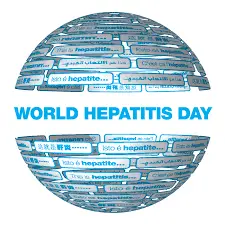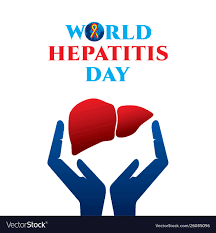
World Hepatitis Day: Every year on July 28, we observe World Hepatitis Day to raise awareness about viral hepatitis, an inflammation of the liver that can cause severe liver disease and hepatocellular cancer. This day provides an opportunity to emphasize the importance of knowing one’s hepatitis status and to spread awareness about its treatment³. Let’s delve into the significance of World Hepatitis Day and explore this year’s theme.
The Importance of World Hepatitis Day
Viral hepatitis affects millions of people worldwide, leading to significant morbidity and mortality. Here are some key facts about hepatitis:
- Hepatitis B and C: These are the most common strains of the hepatitis virus. Together, they result in 1.1 million deaths and 3 million new infections each year.
- Treatment Gap: Low coverage of testing and treatment remains a critical gap in achieving global elimination goals by 2030.
- Hepatitis Can’t Wait: With a person dying every 30 seconds from a hepatitis-related illness, action is urgent, even amidst the current COVID-19 crisis¹.
This Year’s Theme: “Hepatitis Can’t Wait”

The theme for World Hepatitis Day 2021 is “Hepatitis Can’t Wait”. Despite the challenges posed by the pandemic, we cannot delay our efforts to combat viral hepatitis. Here’s why:
- 801,429 Deaths: Annually, hepatitis B and C infections contribute to over 800,000 deaths globally.
- Treatment Access: Only 7% of people with chronic hepatitis B are diagnosed, and 22% receive treatment.
- Birth Dose Vaccination: Globally, 31% of children have access to the birth dose of the hepatitis B vaccine¹.
Dr. Baruch Blumberg’s Legacy
The date of July 28 was chosen for World Hepatitis Day because it marks the birthday of Nobel Prize-winning scientist Dr. Baruch Blumberg. He discovered the hepatitis B virus (HBV) and developed diagnostic tests and vaccines for this virus. His contributions continue to impact global health, emphasizing the need for collective action against hepatitis².
In summary, let us unite in our efforts to eliminate viral hepatitis as a public health threat by 2030. A hepatitis-free future is achievable, but we must act now. Remember: Hepatitis Can’t Wait! 🌏🩺💙.